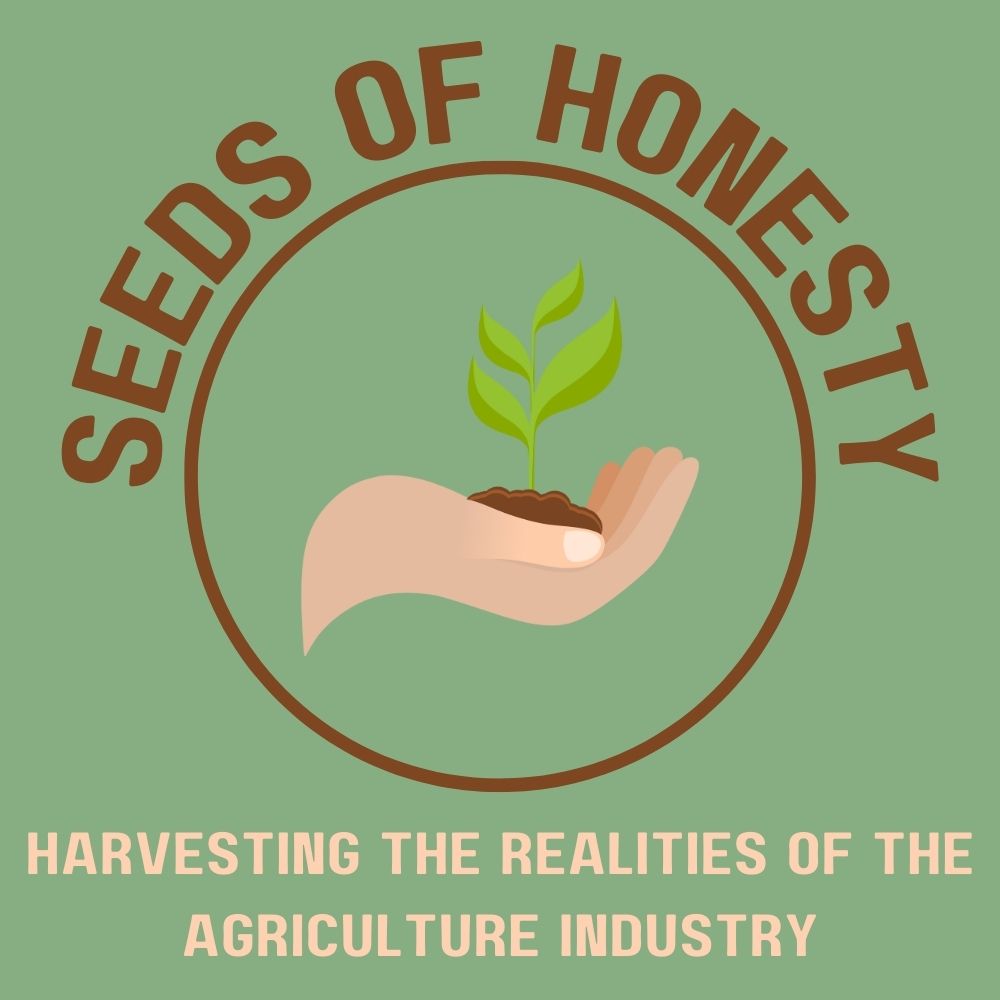Author: karagen.dreibrodt84
-
Seeds of Honesty- Episode 1- A Farmer’s Top Priority
If you ask someone what the top priority of a farmer or rancher is, you will likely get mixed feelings and misconceptions. But a farmer’s top priority is the welfare of their animals. A farmer’s top priority is to tend to their animals to give them the best quality of life possible. As we all…
-
Seeds of Honesty- Episode 2- Small Scale Farms
If you ask someone if small family-owned and operated farms contribute to the food industry at a large scale, you will get a variety of responses. However, small family-owned and operated farms play a vital role in our food industry. How Do Small Farms Feed the World? Nearly 90% of farming operations are small-scale farms. …

